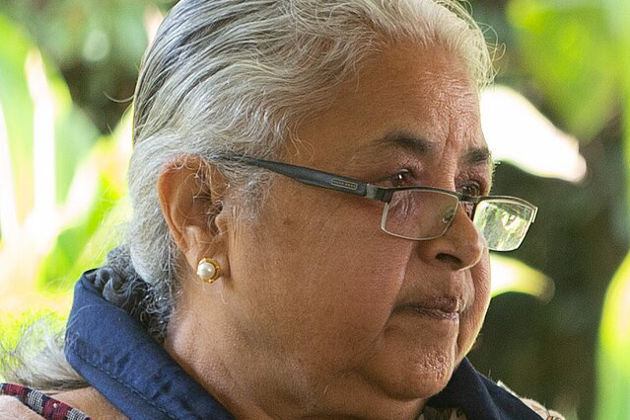Move FM Global News

Sushila Karki named interim Nepal PM after unrest topples government
Sep 15, 2025KATHMANDU, Nepal: Nepal has entered a turbulent new chapter after President Ram Chandra Poudel appointed former Supreme Court Chief Justice Sushila Karki as interim prime minister, making her the country’s first woman to lead a government.
The dramatic move followed a week of violent protests that toppled the previous administration and left at least 51 people dead.
The president’s office announced late on September 12 that parliament had been dissolved on Karki’s recommendation, with fresh elections scheduled for March 5. The last parliamentary vote was held just three years ago, in 2022.
Karki, now 73, is widely remembered for her tenure as Nepal’s first female chief justice between 2016 and 2017, when she developed a reputation as a fearless critic of corruption inside government institutions. Her judicial career was not without turbulence: lawmakers once attempted to impeach her, accusing her of bias, but the effort collapsed under widespread condemnation as an assault on judicial independence.
She was sworn in at a modest ceremony at the presidential residence on September 12, a moment broadcast on state television and hailed by some observers as historic, even as the capital remained under curfew.
The crisis that elevated Karki began on September 8, when the government imposed a sudden ban on major social media platforms, including Facebook, X, and YouTube. Officials argued the companies had refused to register and comply with oversight rules. The move backfired almost instantly. Demonstrations in Kathmandu spiraled out of control, with tens of thousands taking to the streets. Protesters torched parliament, stormed businesses, and even set fire to parts of the presidential compound. Police opened fire on crowds, while inmates in the capital’s central jail staged an attempted breakout amid the chaos.
Although authorities quickly lifted the ban, anger only deepened, tapping into broader frustration among young people. Many denounced the dominance of political dynasties and the privileges of leaders’ children—mockingly dubbed “nepo kids”—who live lavishly while unemployment among ordinary youth soars. Demonstrators branded their movement the “protest of Gen Z,” signaling a generational revolt against entrenched elites.
As violence spread, Prime Minister Khadga Prasad Oli resigned on September 9 and fled his official residence. The army swiftly moved into the capital, declaring a curfew and negotiating directly with protest leaders and the president to set up an interim administration.
The military has since kept strict control, allowing residents only a few hours each day to shop for essentials while heavily armed soldiers patrol the streets. Authorities confirmed that 51 people were killed during the unrest—most of them protesters struck by police gunfire, though casualties also included three police officers.
With Karki now at the helm, Nepal faces a delicate balancing act: restoring calm while preparing for new elections in just six months. Her appointment is being watched closely not only as a political experiment but also as a test of whether the country’s first woman prime minister can guide the Himalayan nation out of its most severe crisis in years.


